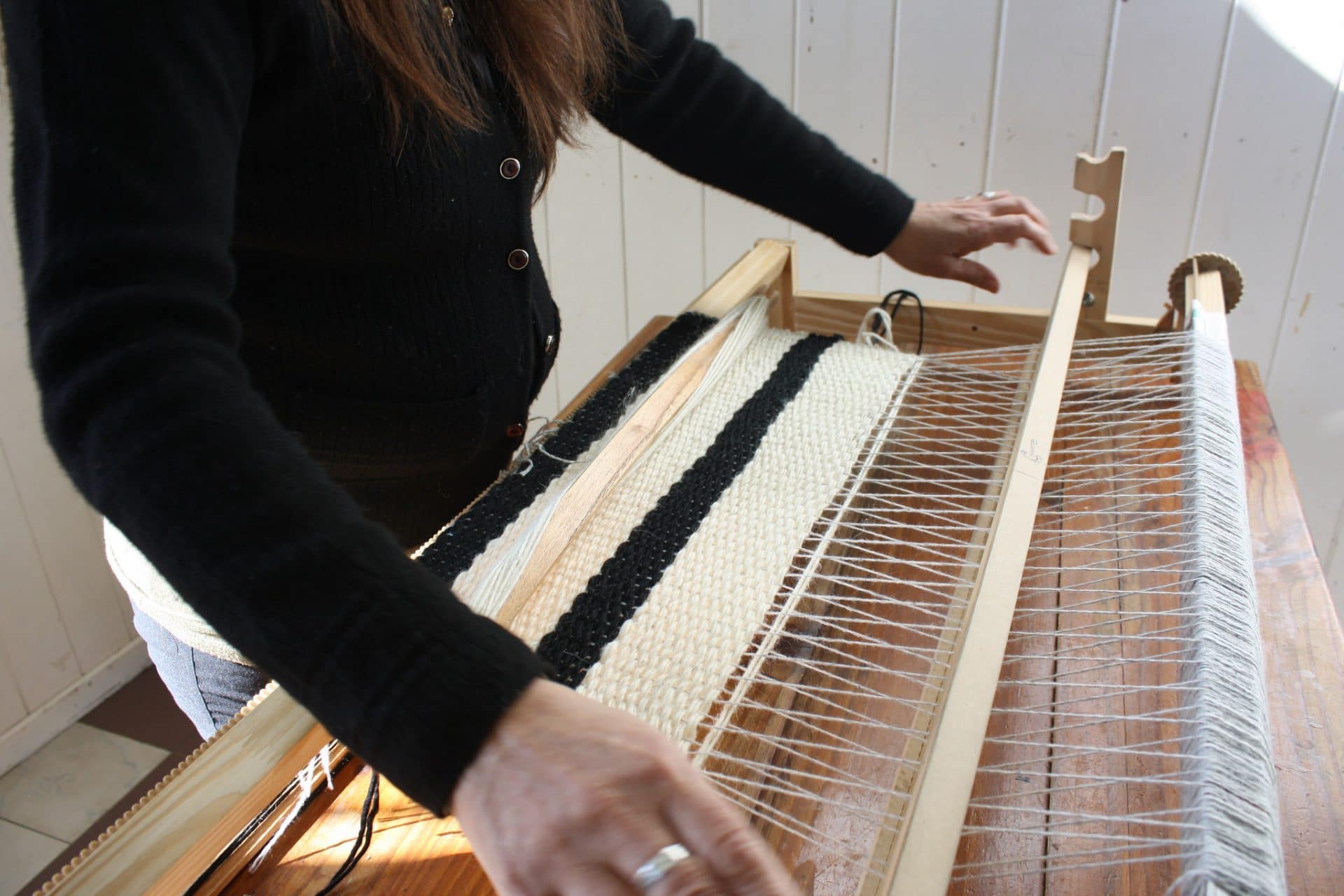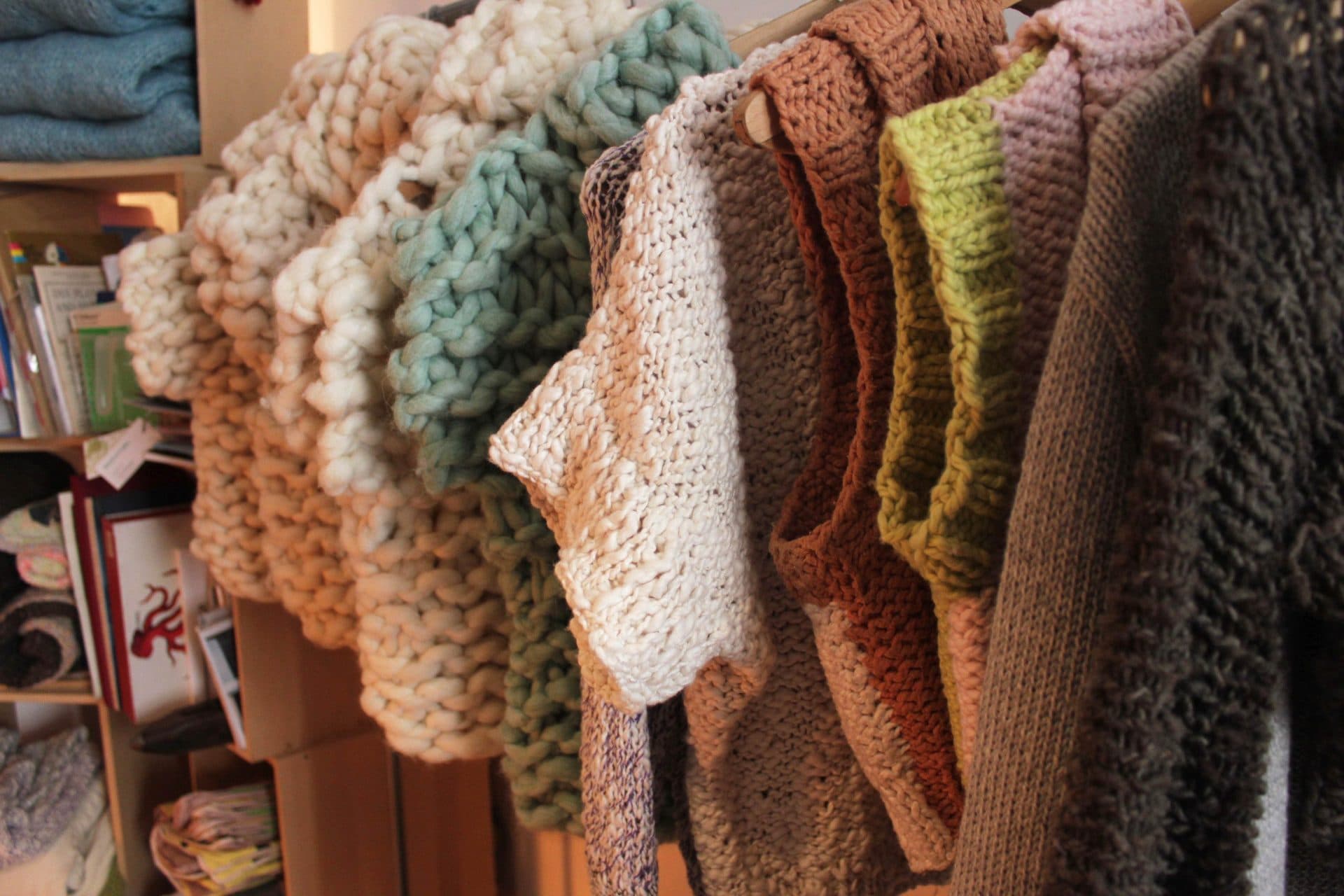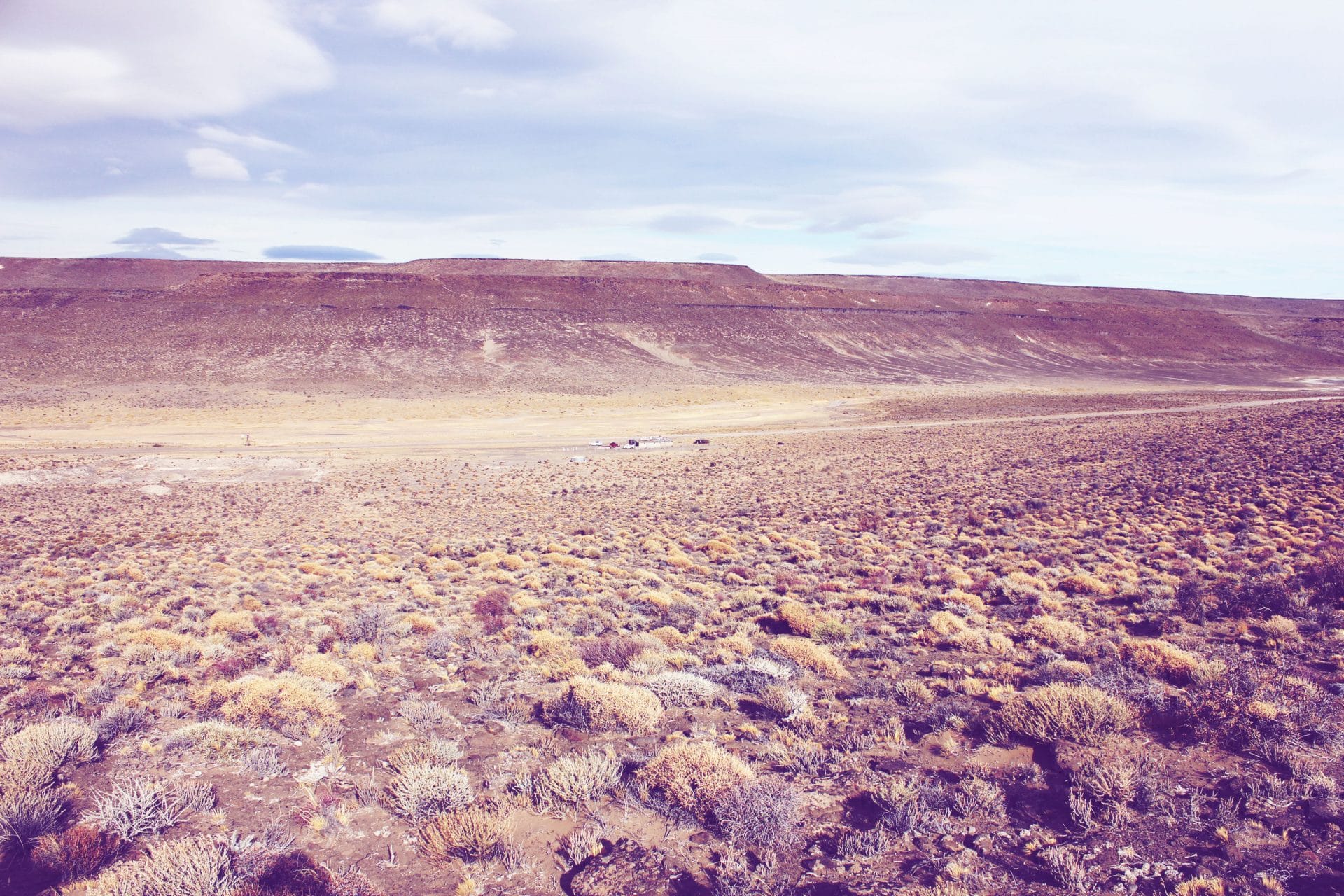Argentina (Buenos Aires)
Can wool change lives? It can in Buenos Aires, where members of the Villa 31 cooperative turn it into colourful clothing for American knitwear brand Ursa.
When Pennsylvanian knitwear designer Elizabeth Gleeson first visited Gan Gan sheep farm in Argentina in 2013, she never imagined their Patagonian yarn would change her life – let alone dozens of others. Four years on, though, it has brought work and money to a slum-based knitting cooperative in Buenos Aires, as well as helping her set up her own label, Ursa.
“I went to the annual sheep-shearing contest at this extremely remote farm and met some women spinning merino wool, a delicate luxury product,” says Gleeson, explaining how it all began. “I started buying small quantities.”
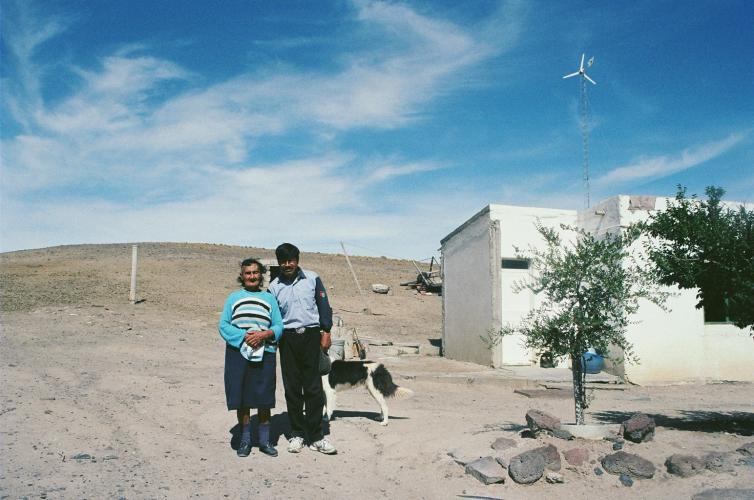
Lacking the knitting skills required to take on the volume of work her designs required, she then serendipitously met two members of a knitting cooperative at the Retiro bus station in Buenos Aires. Residents of the Villa 31 slum, they were happy to take on more work to support their families. Now these women are the heart and soul of her year-round knitwear label, creating vibrant bespoke items from bubblegum- coloured cardigans to pastel midi dresses.
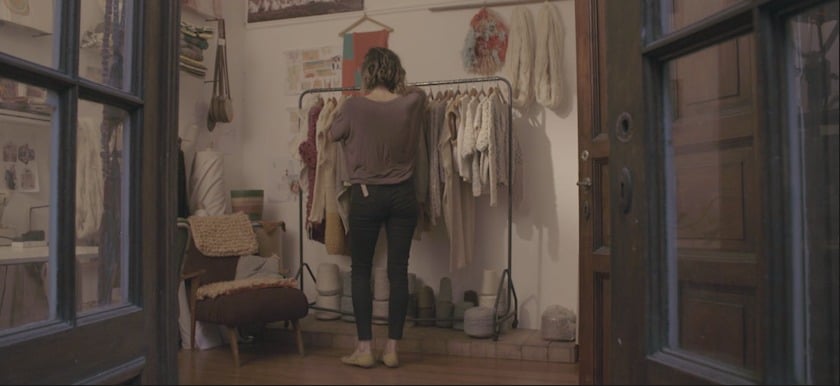
“There are women dotted around Argentina’s capital who bring my designs to life,” says Gleeson. “As they’re often caring for small children and grandchildren, flexibility toward their needs is key. We meet whenever and wherever we can to drop off wool or pick up products – whatever’s easier.”
It’s a successful working arrangement for Bolivian knitter Jhanet Ibáñez, and one that gives her financial independence.
“As I have two small children who keep me busy in the day, I tend to knit for Ursa in the evening,” she says.
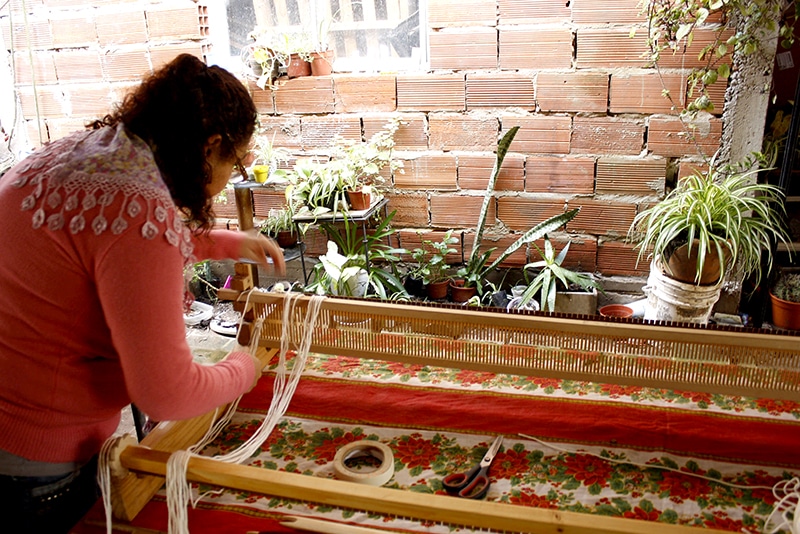
These womens’ stories are as invaluable to the Ursa brand as their stitching skills. “Our world is oversaturated with cheap goods created in unsavoury ways,” says Gleeson. “My products were created by the hands of someone like Jhanet, who really needs the money. The value of that human quality cannot be replaced – it’s the foundation of the brand.”
This was adapted from a feature on Norwegian Airlines N magazine. Download the final piece at ink-live.com.
Bio
Sorrel Moseley-Williams is a journalist and sommelier who has been based in Argentina since 2006.
Project leader
Elizabeth Gleeson
Support the Atlas
We want the Atlas of the Future media platform and our event to be available to everybody, everywhere for free – always. Fancy helping us spread stories of hope and optimism to create a better tomorrow? For those able, we'd be grateful for any donation.
- Please support the Atlas here
- Thank you!
